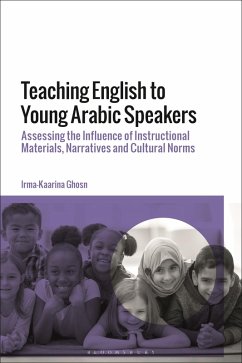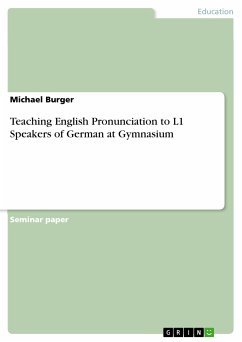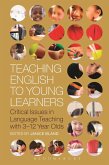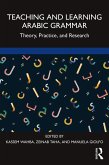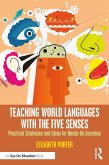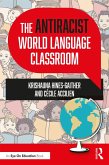The book explores young Arabic-speaking children's English language learning. Through classroom-based research and learner work samples, the book analyses the interplay between cultural norms and the critical role that teachers play in orchestrating classroom discourse through skillful use of available instructional materials, questioning strategies and feedback to learners. The author shows the potential of instructional materials to influence young learners' vocabulary, reading comprehension, and written production, as well as the way they acquire the academic literacies needed in school subjects taught in English. She reviews the spread of the practice of teaching English to young and very young children and the increasing demand for English-medium instruction in the Arabic-speaking region, with a particular focus on the negative transfer from Arabic to English spelling and grammar. The book also discusses the importance of story narratives, arguing they are an ideal medium for language teaching because of their rich linguistic repertoire and the strong motivational force that stories have on young language learners and their cognitive growth, essential to their later academic success. Taken together, the research findings and classroom vignettes suggest that children's language learning happens within a complex system of interactive variables and cultural norms and expectations.
Bitte wählen Sie Ihr Anliegen aus.
Rechnungen
Retourenschein anfordern
Bestellstatus
Storno

